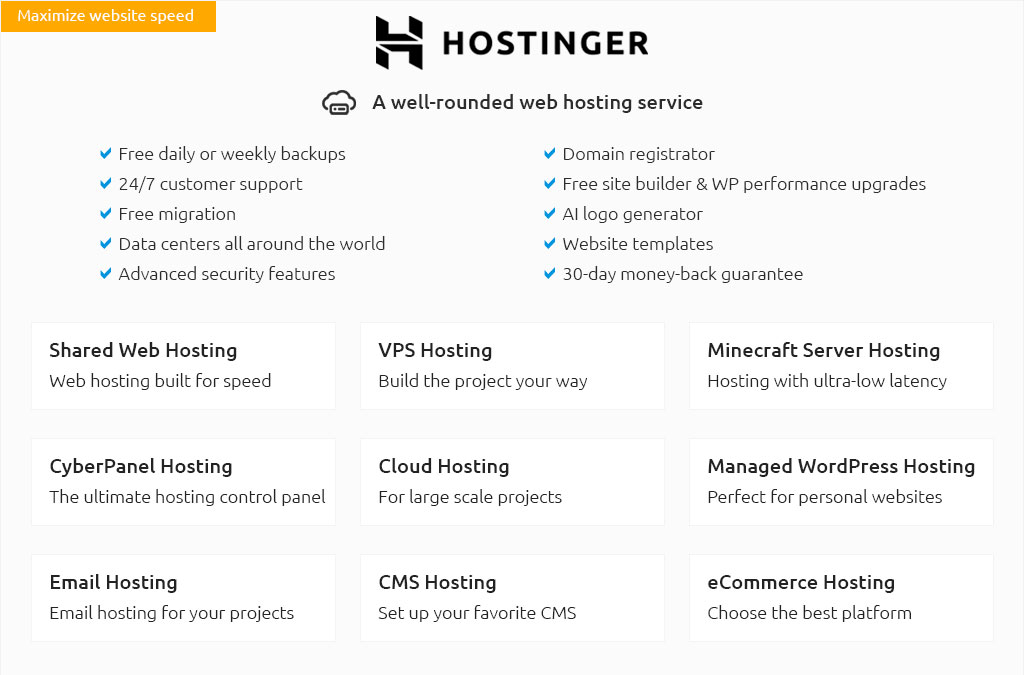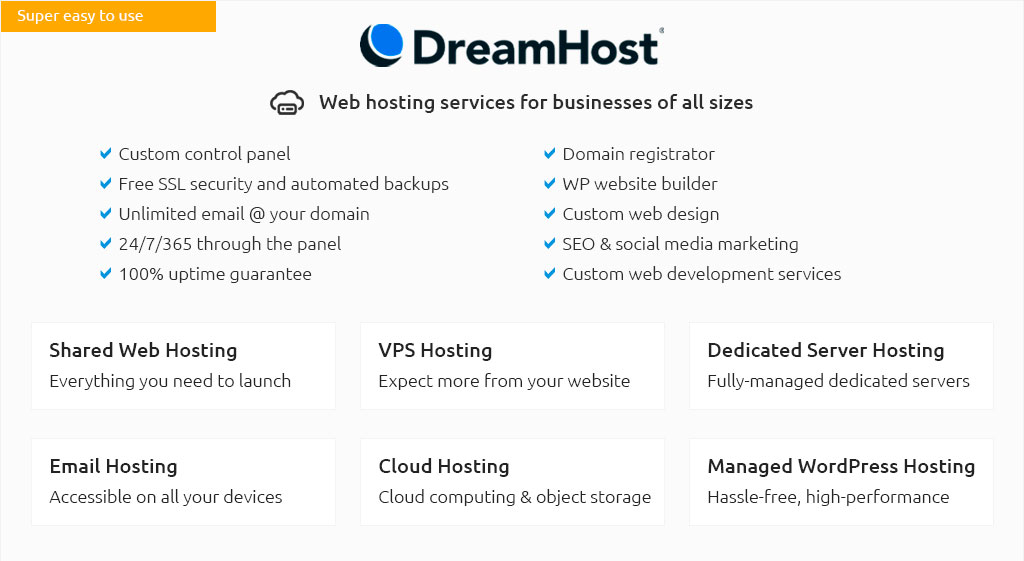 |
|||
 |
 |
 |
|
 |
|
 |
 |
 |
|||
 |
|||
 |
|||
 |
|||
 |
 |
|
Unlock the future of your online presence with our cutting-edge web hosting reviews, where we dive deep into the world of managed hosting services-say goodbye to the headaches of server management and hello to seamless performance, ironclad security, and expert support that empowers your business to soar; because in today's fast-paced digital landscape, you deserve nothing less than excellence, reliability, and peace of mind-embrace the power of managed hosting and watch your website thrive like never before.
https://www.liquidweb.com/
Hosting designed for seamless growth - Our most popular hosting services - VPS hosting - Managed WordPress - Dedicated servers - GPU server hosting - The best website ... https://www.digitalocean.com/resources/articles/what-is-managed-hosting
Managed hosting involves a third-party provider handling the setup, administration, management, and support of servers and applications. These services ... https://www.rackspace.com/library/what-is-managed-hosting
Managed dedicated hosting is an IT service model where a customer leases dedicated hardware from a managed hosting services provider like Rackspace.
|